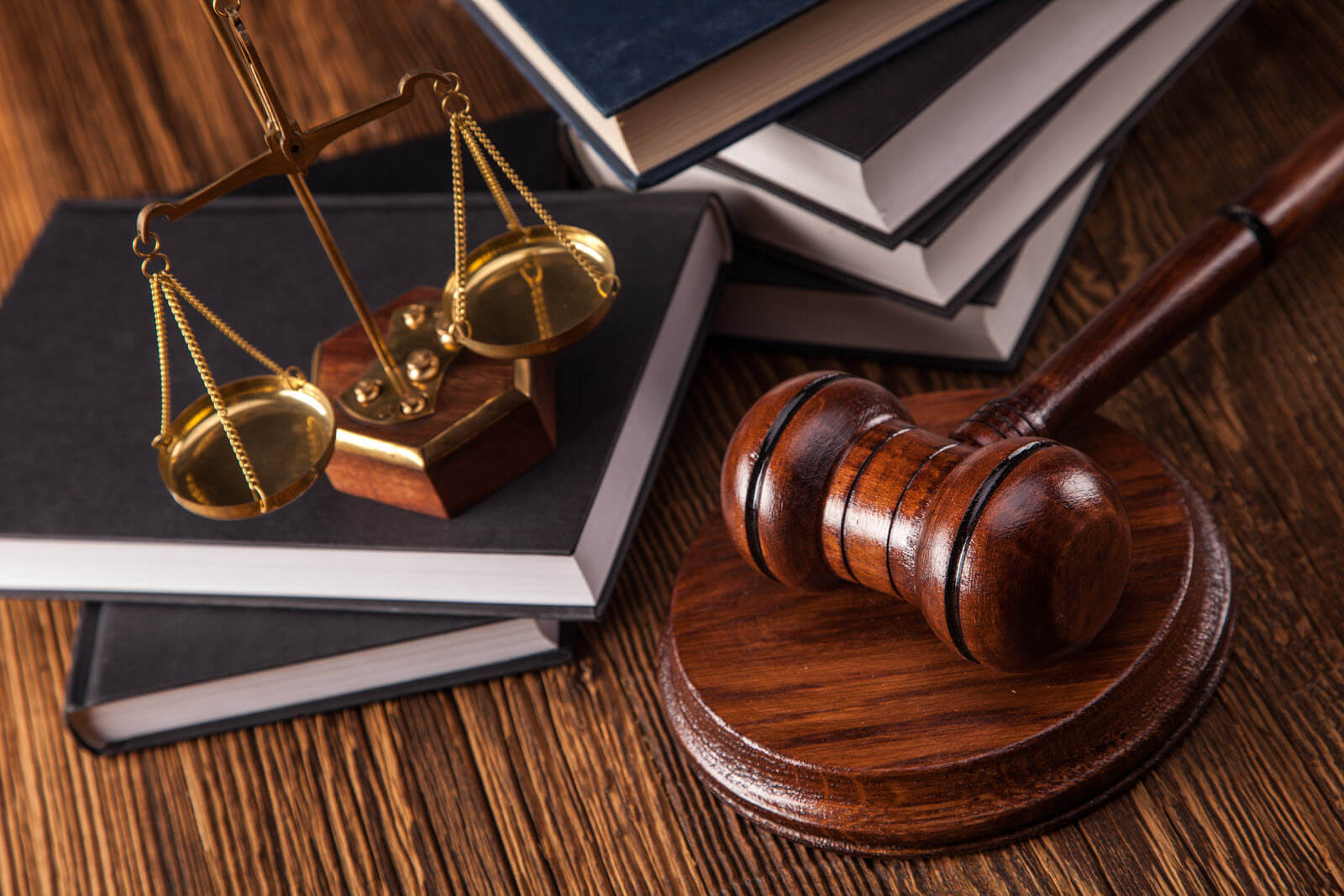Courts of law stand as the bedrock of justice, where disputes are adjudicated, rights are protected, and societal order is maintained. In this exploration of the multifaceted role https://financemaster.us/ of courts, we delve into the significance of these institutions as pillars of justice and guardians of fairness in our legal system.
Table of Contents
ToggleThe Adjudicators of Disputes
At the heart of a court’s function is the resolution of disputes. Whether civil or criminal, courts serve as neutral arenas where opposing parties present their cases, evidence is scrutinized, and judgments are rendered. Through this adversarial process, courts ensure that justice is not just done but is seen to be done, fostering public trust in the legal system.
Upholding the Rule of Law
Courts play a pivotal role in upholding the rule of law. By interpreting statutes, precedents, and constitutional principles, they provide guidance on the application of the law in specific cases. This function ensures a consistent and principled approach to legal matters, preventing arbitrary decision-making and contributing to the stability of legal frameworks.
Safeguarding Individual Rights
Central to the court’s mission is the protection of individual rights. Courts act as guardians, scrutinizing government actions to ensure they comply with constitutional guarantees. Landmark decisions often arise from courts, establishing precedents that shape the legal landscape and affirm the rights and liberties of individuals.
Ensuring Due Process
The concept of due process is a cornerstone of judicial systems. Courts meticulously adhere to procedural rules, ensuring that all parties have a fair opportunity to present their case. This commitment to due process safeguards against arbitrary decision-making and reinforces the principles of fairness and equity.
Arbiter of Legal Precedents
Courts contribute to the evolution of legal principles by https://aysegulirem.com/ setting precedents through their decisions. These precedents guide future cases, creating a dynamic legal landscape that adapts to societal changes. The process of judicial review and the establishment of legal precedents form the foundation of a responsive and adaptive legal system.
Access to Justice
Courts serve as a forum for individuals and entities to seek redress and vindicate their rights. The principle of access to justice ensures that legal remedies are available to all, irrespective of social or economic status. Courts, therefore, play a crucial role in promoting equality before the law and addressing imbalances of power.
Conclusion: The Cornerstones of a Just Society
As we reflect on the multifaceted role of courts, it becomes evident that they are not mere adjudicators of disputes but the cornerstones of a just society. Through their commitment to fairness, upholding of individual rights, and contribution to legal evolution, courts shape the fabric of our legal system. In recognizing the significance of courts as pillars of justice, we affirm their vital role in maintaining the delicate balance between individual liberties and societal order.





